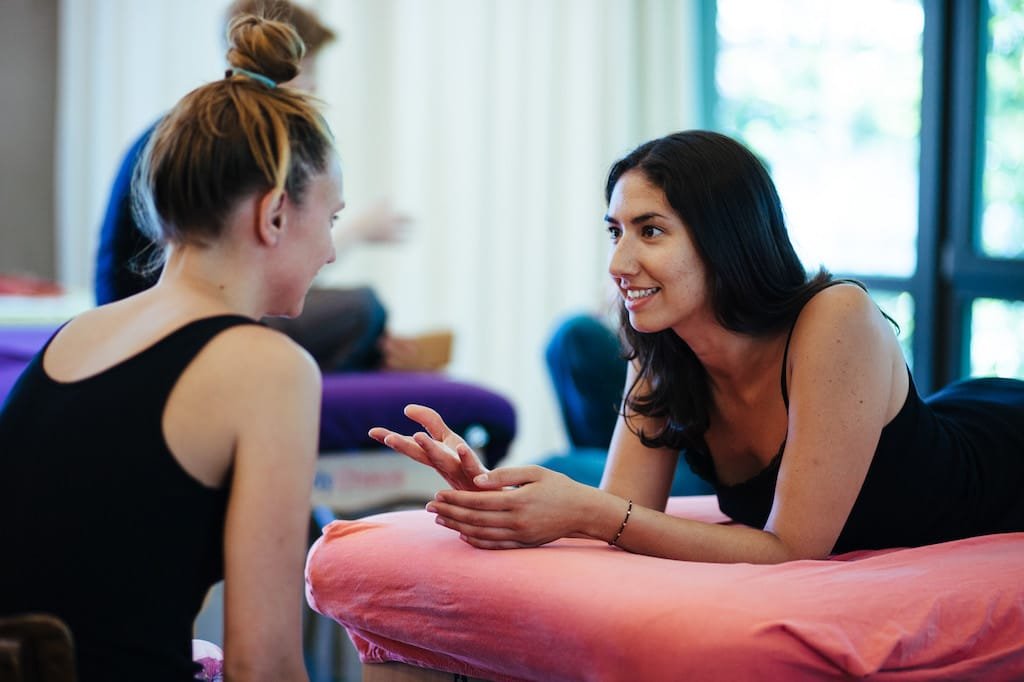
Listening Is a Big Part of Healthy Communication
Listening is so much more than just using our ears to hear. Listening is a foundation in any relationship – it’s the ability to notice how the person I’m talking to chooses to express themselves through their words. Their words tell us a story which is far beyond the actual content that is being communicated. As practitioners – and probably as people – one of the skills we should practice over and over again is the ability to listen. It’s one of the most important tools in our own personal development process.
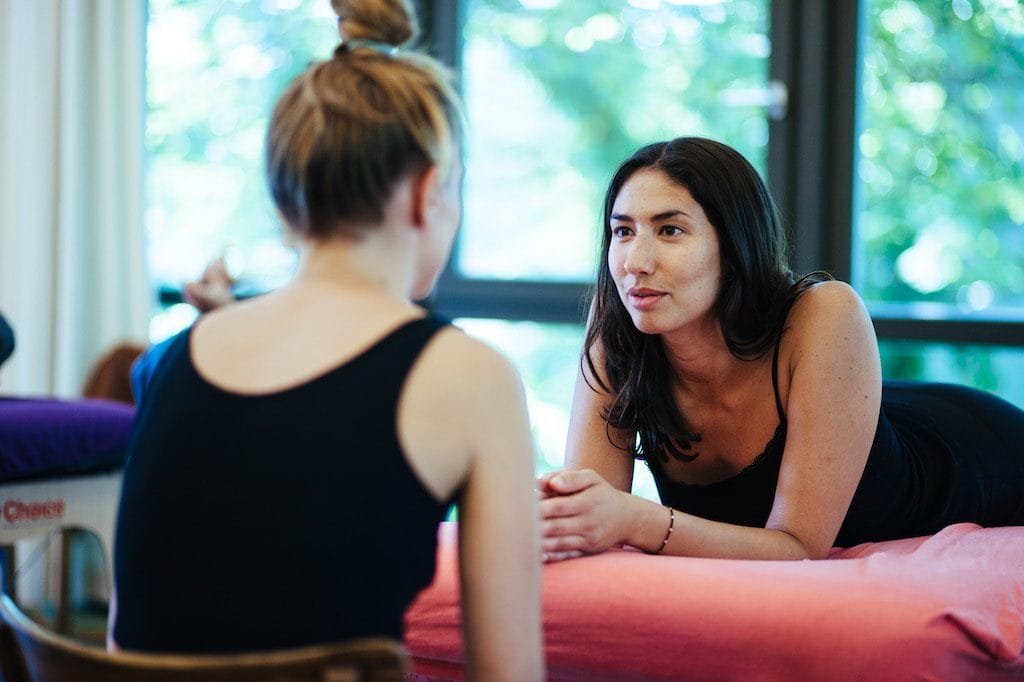
Actively listening asks us to truly care, to be there for somebody else so they can listen to themselves as well. It sometimes simply legitimizes to the other person that what they say matters and has real meaning and value.
To Listen to Somebody Else Requires Us to Be Present
When I take the time to hear and really listen to my clients, it requires me to also listen to myself and be present in the moment. Nothing else is important but the person who is in front of me. Their desires, their untold stories, as well as the truths that they already know. There is an expression of themselves that tries to find its way, and I am there letting myself be present, so I can capture and perceive whatever that turns out to be.
Listening to Somebody Else Is a Great Lesson in Trust
When we are able to truly listen, we practice trust in that moment too. We trust that the person that speaks has something to say, that even if the words are not clear from the beginning, the meaning of it will present itself. We find ourselves also trusting our own ability to notice what’s important and what is less important. When we actively listen, we establish a space of trust for the person that is being listened to. This trust alone becomes meaningful, not only in the moment of the conversation but also for the importance it has to the person – what they feel and perceive and therefore what they have to say.

Listening Cannot Take Place Without Curiosity
Curiosity ensures that our listening is not a passive act. We ask questions, we lead the conversation and we open doors that the other person may not have thought existed. Our curiosity when it’s real, creates the opportunity for the person who’s talking to us, to be courageous enough to say more. It allows them to be curious themselves about the topic they have raised.
When We Listen, We Hear So Much More Than Words
Words are powerful and language has the ability to deliver so many messages and yet, when we listen to somebody else it is not only the words that we hear. We can feel how emotions are a part of the conversation, we can hear them and connect to what their body says, we can feel when the person is being moved by what they said, and we instinctively know when certain topics need to be left alone. Listening is a form of paying attention to the person we talk to, and words are only a part of the communication.
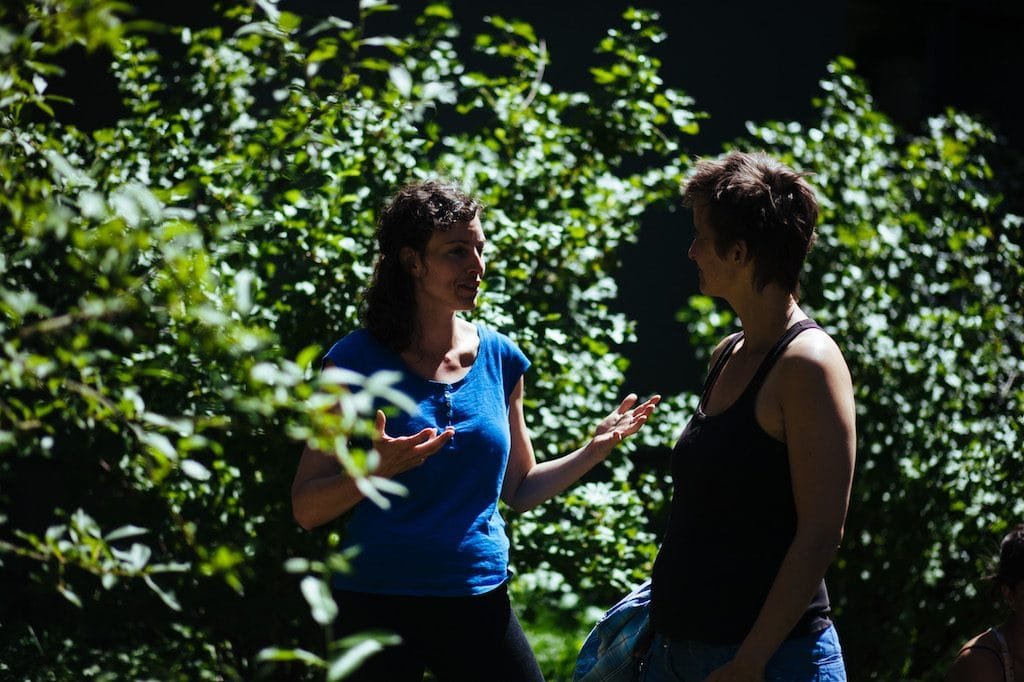
Listening Allows us to Develop a Quiet Mind
When we listen to another person, we have to slow down our own thoughts. The person in front of us has a story that might be very different to our own. They think and feel differently, they have other events that have happened to them and what matters to us doesn’t necessarily matter to them. As we learn to practice the art of listening, we are better able to develop stillness within ourselves. It becomes part of our continuing education about our ability to pay attention to somebody else.
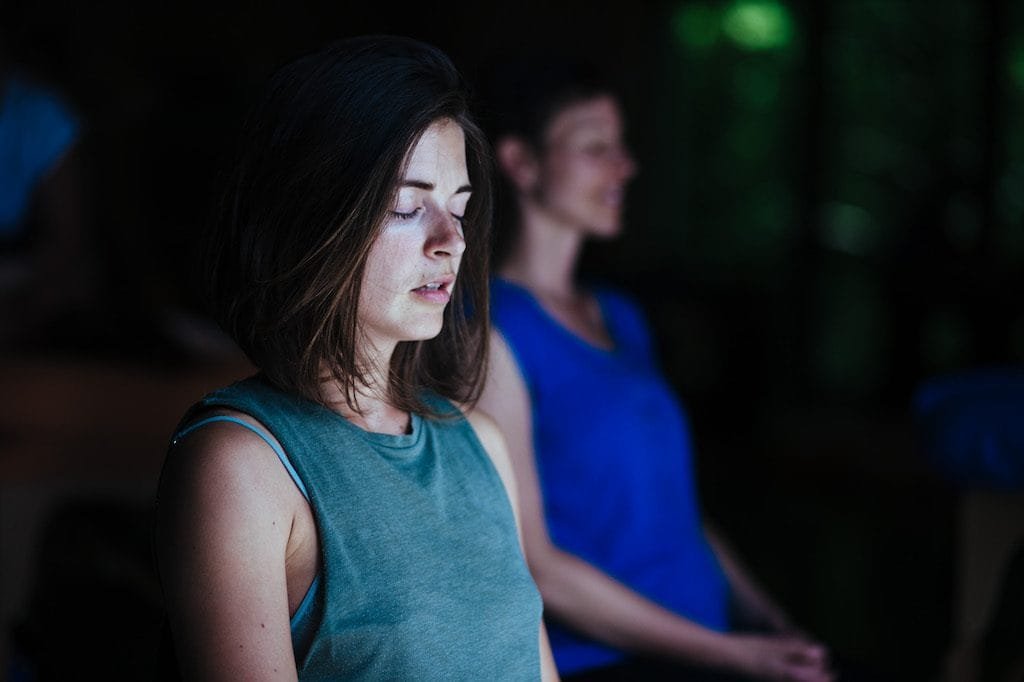
Listening Is a Form of Learning
If we let ourselves truly listen to other people, we can learn so much more from them. Each person is a story – a living narrative of their culture, their family, their struggles, their achievements and their abilities. Each person can teach us so much about life, about possibilities, about victories and about failures. We can learn about their path, in their life, as unique as it is.
Teaching to Listen, is Actually a Reminder of a Basic Skill we all Have
I have often been asked how this form of listening can be taught. The way I see it, all I have to do is remind our students of their own natural ability to listen to others. We were all children once, and we all listened to everything around us. We listened even before we understood the words. We developed antennas to hear the words, the sounds, the intonations and to understand the moods that were expressed.
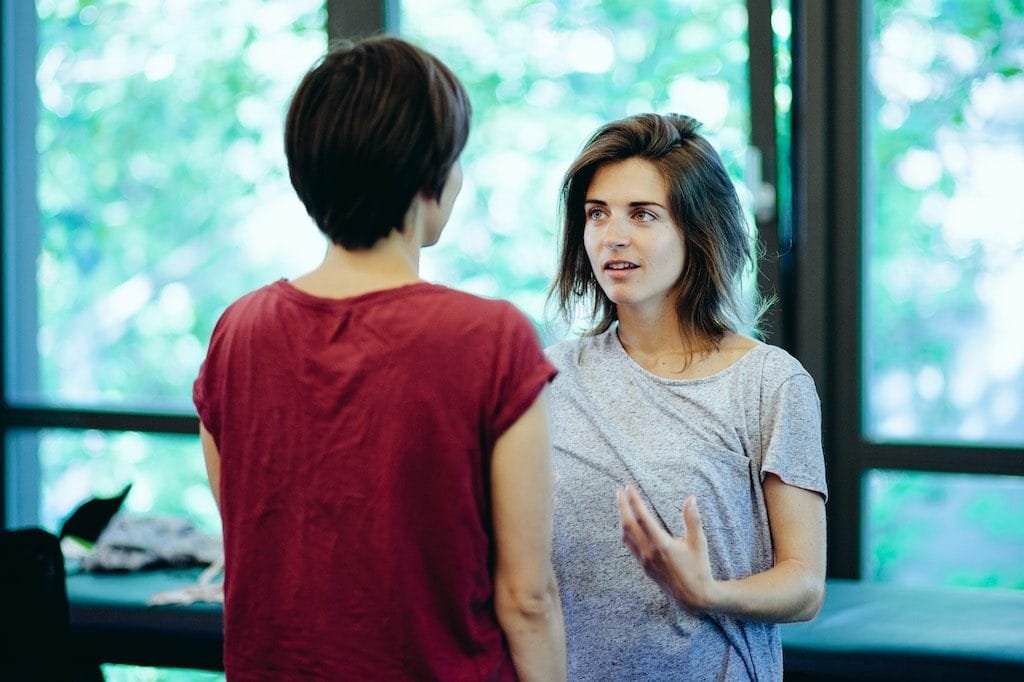
We all know how to do it. We simply forgot or mistrusted our ability when we grew up. I teach students to reclaim their own ability to hear somebody else. I teach them to use their own natural skill to empathically be there when somebody tells their story. I think that when a space is open for us to hear somebody else, new doors open, and concepts and ideas find their ways to be embedded into our lives. I also think that when somebody truly is listening to us, a form of healing can start to be created.


